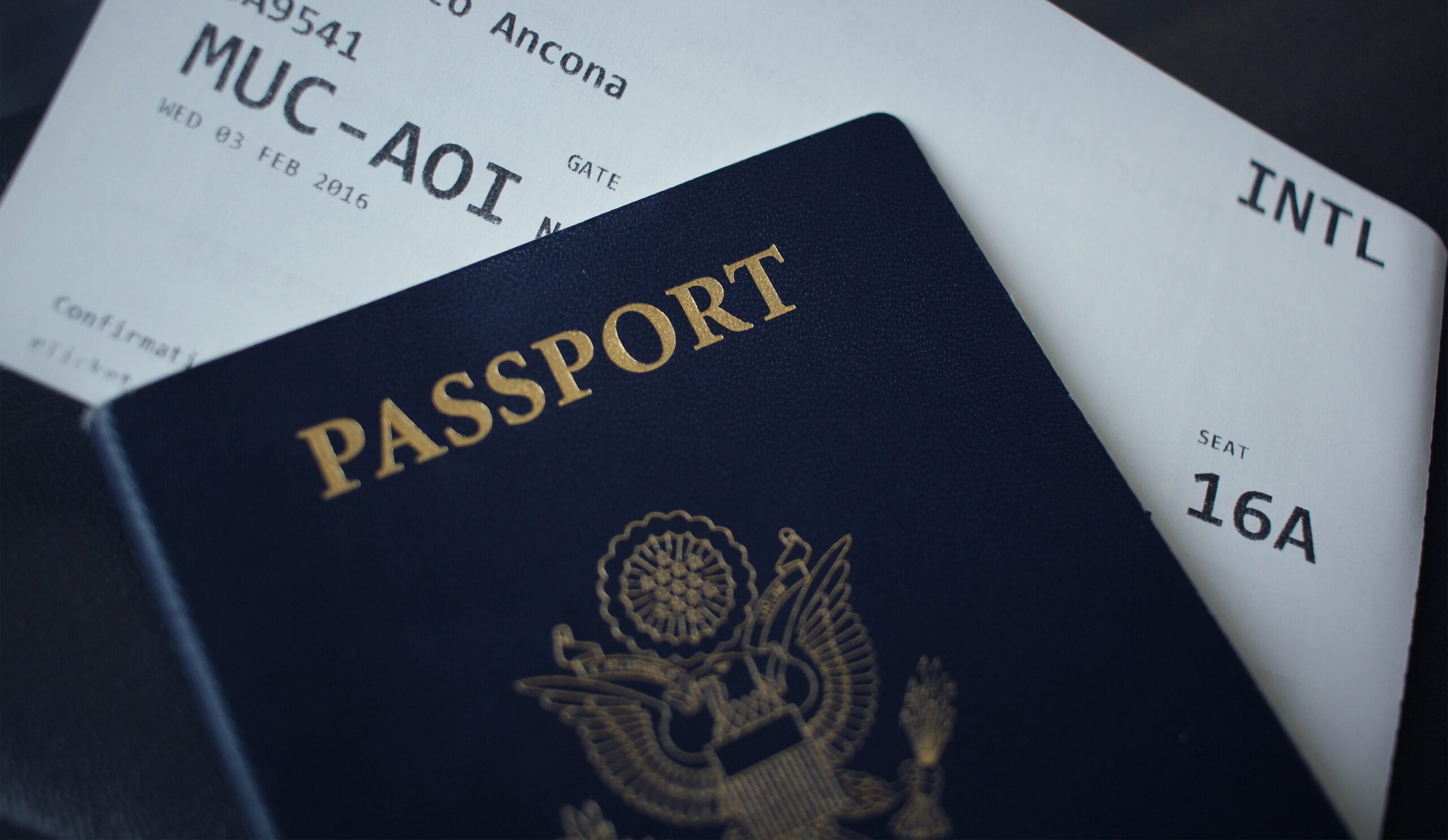
Separating from your partner can be a complicated and daunting process. There are many different options to formalise your property settlement and parenting arrangements. However, you may not know which one is right for you.
The “do-it-yourself” Separation Agreements are becoming a popular avenue for separating couples. A Separation Agreement is a written agreement between the separating parties. These agreements do not require legal advice and are signed by both parties.
A Separation Agreement can be a great document for parties who are amicable, communicate effectively and merely want a document which states the agreement made between both parties. The document can be a great tool for parties to negotiate directly and the process can be cost effective and stress reducing. Therefore, a Separation Agreement would not be an appropriate option if you have a volatile relationship with your partner or if both parties are unlikely to negotiate effectively.
A Separation Agreement is not a legally binding document and it is not enforceable by the Court. Meaning that, whilst parties agree to its terms at the time of creating the agreement, it does not prevent either party from making an application with the Court for a greater share of the assets later. Although you may seem amicable with your partner at the time of separation, either party can be awarded pay increases, receive inheritances, be made redundant, or become bankrupt post separation and a fluctuation in a party’s financial position may push them to pursue a greater cut of your assets.
By only using a Separation Agreement, the other party may not disclose all of their assets or liabilities which will increase your chances of receiving an outcome which is not fair or equitable.
Although the drafting of the Separation Agreement may seem cheaper, if the agreement is disputed in court, your legal fees will be more expensive than if you had formalised your agreement originally in a way that was recognised by the Federal Circuit and Family Court of Australia, including by way of an Application for Consent Orders or a binding Financial Agreement.
If you have separated and you are not sure what steps to take next or you have a Separation Agreement, our team of experienced and professional Family Lawyers at Antunes Lawyers can review your document and advise you on how to best manage your risks and ensure fairness.
Contact our team on (02) 9964 0499 and one of our Specialist Family Lawyers can discuss this with you in more detail.
Related Articles
What are “the best interests of the child”?
In a family law setting, all parenting decisions must be made in accordance with what is deemed to be in the child’s best…
Can I travel overseas with my children?
If you are considering travelling overseas with children involved in a separation, you will need to get written consent from…
Who is a parent?
It is important to know who is legally considered the parent of your child, as this determines who has parental…
The articles on this website comprise legal general information and not legal advice. The general information presented here must not be relied upon without legal advice being sought. In the event that you wish to obtain legal advice on the contents of this general information you may do so by contacting our office or your existing solicitor.




